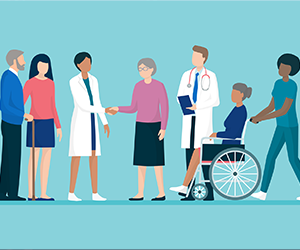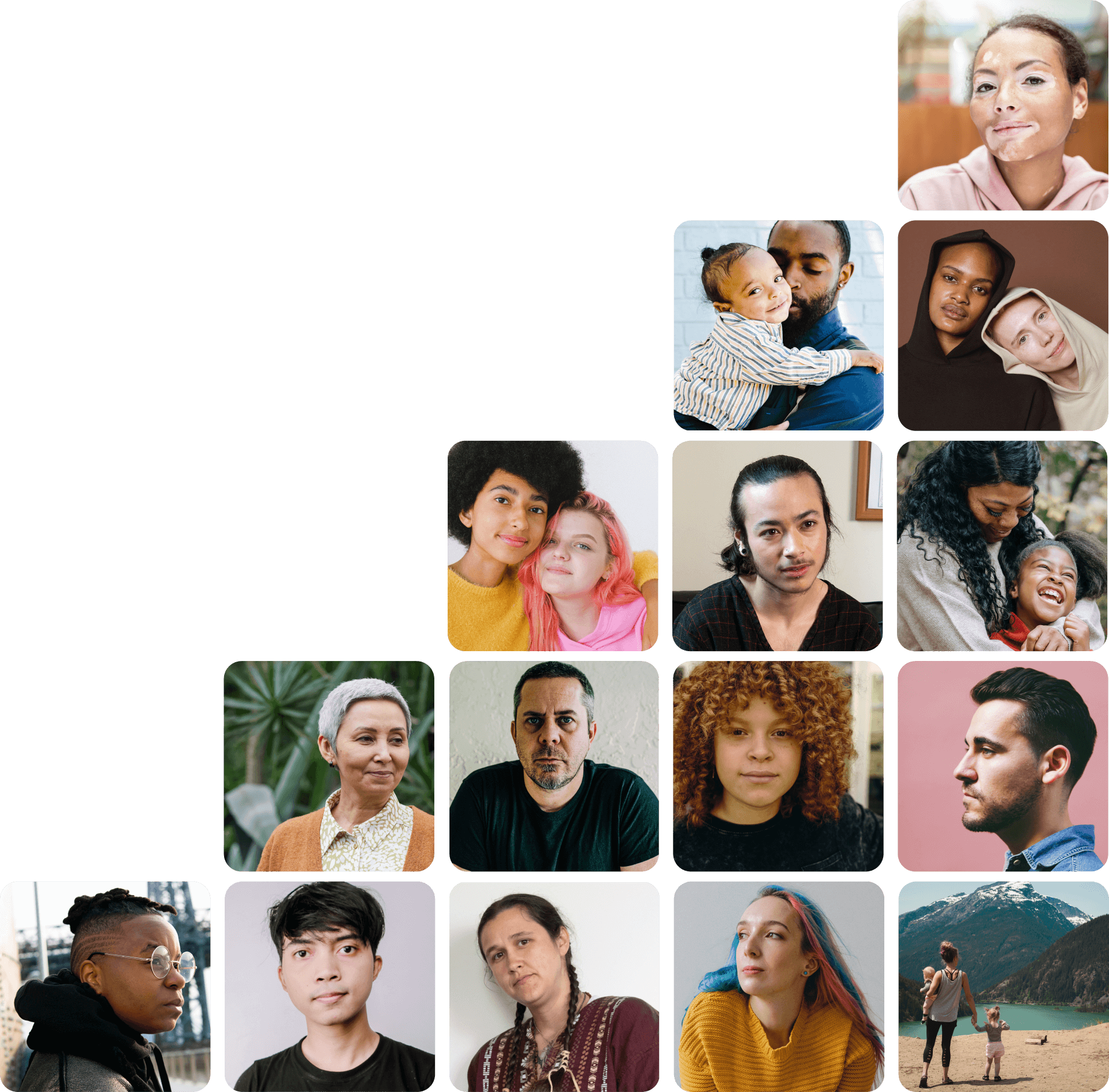Your primary source for courses and training from Colorado's Behavioral Health Administration. Select a course below to enroll and get started.
Popular Courses

Telebehavioral Health for American Indian and Alaska Native Populations
This course presents behavioral health providers with knowledge of the challenges, adaptations, and strategies for best practices when using telebehavioral health with Tribal and Native populations. Telebehavioral health (TBH) services are an emerging modality for providing behavioral healthcare that significantly benefits the treated population. This course will explain how these benefits are particularly salient among American Indian and Alaska Native (AI/AN) populations. You will learn that AI/AN populations are great candidates for TBH in certain circumstances. There are some instances where TBH is not a good fit as well. You will learn how virtual modalities can allow AI/AN populations to access healthcare that might not otherwise be easily accessible to them.
View Details

Telebehavioral Health Fundamentals
Telebehavioral health (TBH) is a critical tool in behavioral health care delivery. Among many benefits, it enables expanded access to services for those in need and, in certain settings and circumstances, it may even deliver higher quality care in a more effective manner than treatment provided in person. For this reason, it is important for behavioral health providers to holistically consider and evaluate the role TBH has (or could have) in their clinical practice and to utilize evidence-based information and strategies to make decisions on how to best incorporate it.
This course offers participants the opportunity to do just that. Through the provided content and activities, they will explore the history of TBH and its importance in improving access to care, especially for individuals in remote areas. They will also learn how to initiate and manage TBH services, with a focus on setting goals, enhancing provider-client interactions, leveraging modern technologies to improve clinical outcomes, and maintaining compliance with crucial legal, regulatory, and ethical considerations. Client engagement strategies are emphasized throughout to help participants support their clients in gaining comfort and competence with using TBH technologies, while ensuring proper privacy and safety protocols are utilized. After completing this course, participants will have a strong foundation of knowledge and skills to implement TBH services in a manner that is effective and appropriate for their individual practice.
View Details

Understanding the Education System - A Training for Community Behavioral Health Providers
View Details

Women Experiencing Homelessness or Houselessness
View Details

Affirming Care and Resilience for 2SLGBTQIA+ Youth
View Details

Risk-Need-Responsivity and Behavioral Health Practices for Community Supervision
An estimated 1 in 69 adult U.S. residents were under community supervision at the end of 2021 (Bureau of Justice Statistics, 2023). Community supervision of justice involved individuals is an important component of the criminal justice system. This course equips Colorado parole officers, probation officers, and community correction workers with knowledge and skills to identify and address the behavioral health needs of individuals under supervision. Parole officers, probation officers, and community correction workers will examine how utilizing the Risk-Need-Responsivity (RNR) Model in combination with tailoring supervision strategies can reduce recidivism. By leveraging community health resources alongside the RNR Model, officers can more accurately match individuals to appropriate services, reduce recidivism, and support safer, more successful transitions back into the community. This course will have an emphasis on identifying the Need and Responsivity Principles for effective matching of services and resources. Topics include recognizing co-occurring mental health disorders, substance use disorders, and applying trauma-informed care strategies. Upon conclusion of the course, participants will be better prepared to promote recovery in community supervision settings.
View Details

Successful Reentry for Incarcerated Individuals: A Guide for Families
People who are incarcerated often face significant challenges when released, including limited employment opportunities, lack of housing and healthcare, as well as dealing with the social stigma and lasting impacts of unfair treatment in society. Reentering the community and reuniting with family can also be stressful for everyone involved. Training family members can positively influence reentry by providing you with the knowledge and tools needed to navigate the reentry process, minimize conflict, and create a stable, supportive environment for your family.
View Details

Perinatal Substance Use Disorder Series
This series equips medical, behavioral health, and service providers working with perinatal women/individuals with foundational knowledge on perinatal substance use disorders (SUDs).
View Details

Disability Cultural Competency for Behavioral Health Providers (DCCBH) | Full Enrollment
View Details

